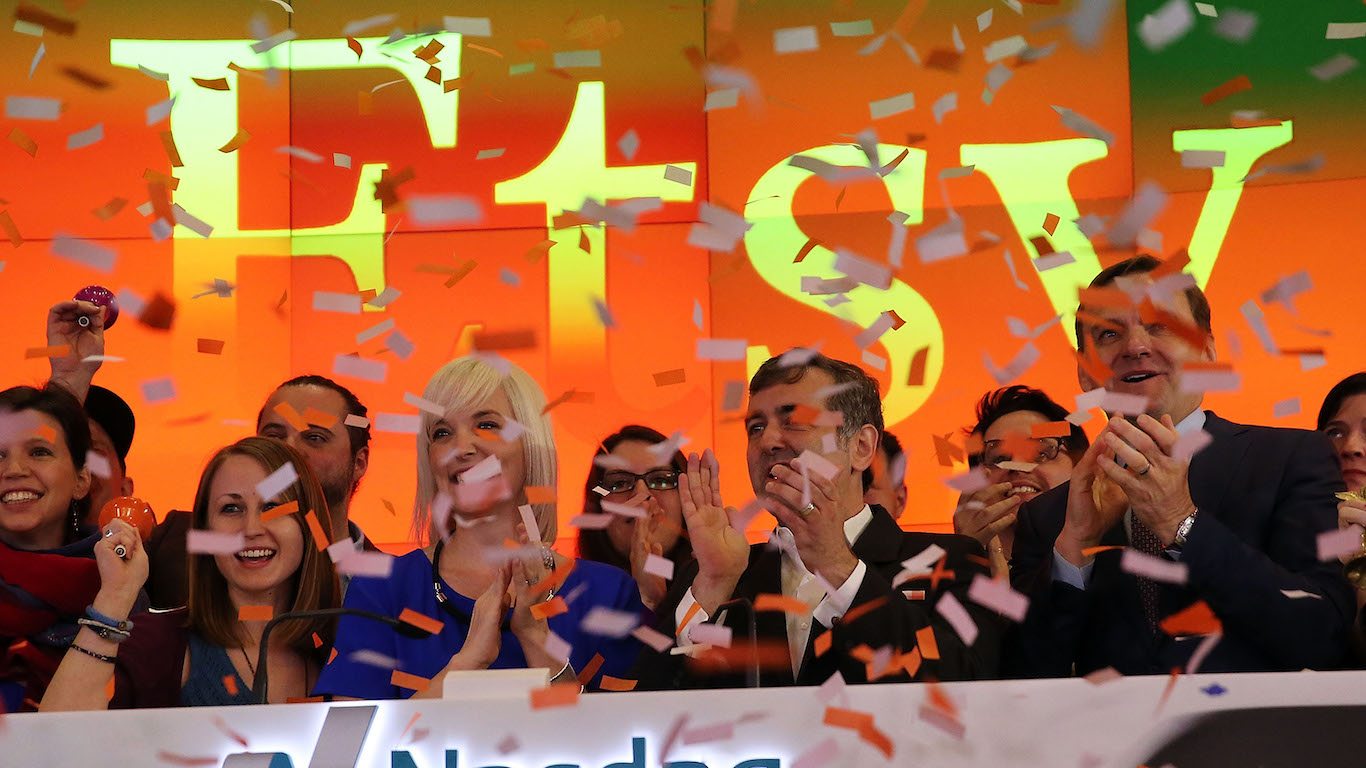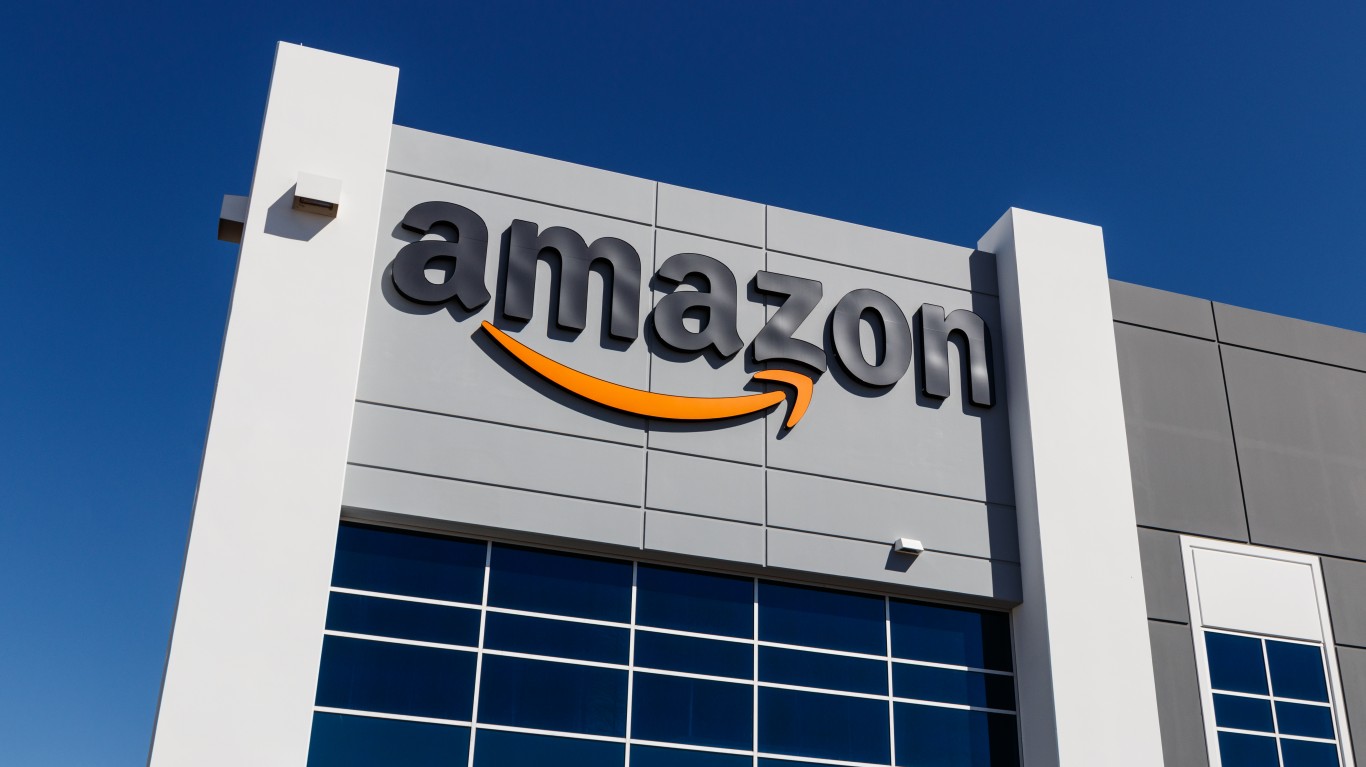
It takes a certain kind of courage to short sell blue chips, such as the Dow Jones industrial average components. Short sellers are betting on these companies to fail, or at least for their share prices to fall handily. Plus, those sellers are responsible for paying the dividends on the stocks they short.
Maybe it is little surprise that only two of the 30 Dow stocks had sizable short interest between May 29 and June 15; that is, more than 50 million shares short. Almost a third of the index’s components had short interest of more than 25 million shares.
While the stock market had recovered much of its panic-selling losses from March, ongoing social unrest and a new rise in the numbers of COVID-19 cases as state economies “reopened” had many Americans worried. Investors trying to figure out what to do next may wonder then what the short sellers expected from some of the biggest, most well-respected names on Wall Street. Did they believe the markets came back too quickly and the lows would be retested?
As of the mid-month settlement date, the most recently reported period, short sellers still favored Exxon Mobil Corp. (NYSE: XOM), Pfizer Inc. (NYSE: PFE) and Microsoft Corp. (NASDAQ: MSFT) above all other Dow stocks.
Exxon
> Shares short: around 59.08 million
> Change from prior period: −2.5%
> Percentage of float: 1.4
Despite short sellers taking a bit of a breather in the most recent period, the oil supermajor remained the most shorted Dow stock early this month. Not that long ago, Exxon had hovered around the number five spot on the list for a time before floating up to the surface. At the average daily volume on the latest settlement date, the days to cover figure was less than two.
Many believed Exxon and its peers bounced back from the instant recession too quickly. Short sellers watched the share price rise more than 21% but then retreat and end the period less than 4% higher. Note that the Dow ended the initial two weeks of this month around 4% higher.
After retreating over 4% in the past week, Exxon Mobil stock closed trading most recently at $44.52 a share. That was in a 52-week range of $77.93 (seen last July) to $30.11 (in March). The most recent share price is more than 41% higher since the year-to-date low in March, compared to a 40% or so gain in the S&P 500.
Pfizer
> Shares short: around 53.75 million
> Change from prior period: 3.3%
> Percentage of float: 1.0
This small increase in Pfizer shares short still left the pharmaceutical leader clinging to the number two spot on the list. It also was still well below the year-to-date high of around 61 million shares short seen back in January. At the average daily trading volume on the latest settlement date, it would take investors less than two days to cover their short interest.
The maker of Lipitor, Viagra and Xanax saw positive results this month for its eczema treatment for teens. Its shares ended more than 12% lower in the first two weeks of this month, and they continued to retreat afterward. The S&P 500 rose more than 3% during the short interest period.
Pfizer stock closed most recently at $32.19 per share, which is about 4% lower than a week ago. The 52-week low of $27.88 was seen in March, and the 52-week high of $44.56 was reached last July. The shares now trade almost 18% lower than they did at the beginning of the year but are up about 11% from the March low.
Microsoft
> Shares short: more than 42.93 million
> Change from prior period: 5.2%
> Percentage of float: 0.6
Microsoft remained at the number three spot on the list in the first half of June despite ending four sizable retreats in a row. Short interest did not reclaim the 52-week low of around 37 million shares that occurred back in February. It would take these investors more than a day to cover their short bets, as of the middle of this month.
Recently, Microsoft has been seen as a top pick in the environmental, social, and governance (ESG) theme. The shares ended that two weeks trading more than 3% higher, though they had been up more than 7% at one point in the period. The Nasdaq saw a gain of more than 4% during the short interest period.
Microsoft stock was last seen trading at $197.84 a share, after hitting a multiyear high of $203.95 on Tuesday. The 52-week low of $130.78 was seen last summer. The latest share price is more than 24% higher than the low during the pandemic sell-off, while the Nasdaq is up almost 26% in that time.
And the Rest
Rounding out the top five most shorted Dow stocks on the most recent settlement date were Intel Corp. (NASDAQ: INTC) and Apple Inc. (NASDAQ: AAPL). Both the semiconductor leader and the iPhone maker saw the numbers of their shares short increase marginally earlier this month. Intel stock ended the period more than 2% lower, as analysts had turned rather cautious on it. Apple stock was up over 7% by mid-month, and its market cap hit $1.5 trillion during that time.
On the following list of short interest changes in the Dow stocks as of June 15, note the surges in JPMorgan Chase & Co. (NYSE: JPM) (which announced traders returning to offices), Travelers Companies Inc. (NYSE: TRV) (pledged $1 million to Minnesota communities) and Walgreens Boots Alliance Inc. (NASDAQ: WBA) (stopped locking up Black beauty products).
| Dow Stock | Short (millions) | Change | % Float |
|---|---|---|---|
| Exxon | 59.08 | −2.52% | 1.40% |
| Pfizer | 53.75 | 3.29% | 0.97% |
| Microsoft | 42.93 | 5.15% | 0.57% |
| Intel | 38.86 | 0.57% | 0.92% |
| Apple | 34.83 | 1.85% | 0.80% |
| Cisco | 34.39 | −0.03% | 0.82% |
| Visa | 32.89 | 0.91% | 1.95% |
| Verizon | 31.63 | 9.98% | 0.76% |
| Disney | 28.63 | 0.99% | 1.59% |
| Coca-Cola | 24.07 | −9.21% | 0.56 |
| JPMorgan | 23.50 | 14.05% | 0.78% |
| IBM | 21.74 | 4.49% | 2.45% |
| Walgreens | 18.29 | 18.19% | 2.51% |
| Dow | 16.86 | −4.64% | 2.28% |
| Procter & Gamble | 16.62 | 7.19% | 0.67% |
| Chevron | 16.41 | −7.39% | 0.88% |
| Raytheon Technologies | 16.25 | −10.72% | 1.88% |
| Merck | 14.56 | −7.88% | 0.58% |
| Walmart | 14.04 | 3.96% | 1.01% |
| Johnson & Johnson | 13.76 | 5.71% | 0.52% |
| Boeing | 12.05 | −19.63% | 2.16% |
| American Express | 10.99 | −1.64% | 1.37% |
| Nike | 10.21 | −14.18% | 0.85% |
| Caterpillar | 8.87 | 7.50% | 1.64% |
| Home Depot | 8.85 | −22.13% | 0.82% |
| McDonald’s | 6.39 | −15.28% | 0.86% |
| UnitedHealth | 6.13 | −21.07% | 0.65% |
| 3M | 6.09 | −15.70% | 1.06% |
| Travelers | 5.20 | 30.98% | 2.06% |
| Goldman Sachs | 4.97 | −24.30% | 1.51% |
In 20 Years, I Haven’t Seen A Cash Back Card This Good
After two decades of reviewing financial products I haven’t seen anything like this. Credit card companies are at war, handing out free rewards and benefits to win the best customers.
A good cash back card can be worth thousands of dollars a year in free money, not to mention other perks like travel, insurance, and access to fancy lounges.
Our top pick today pays up to 5% cash back, a $200 bonus on top, and $0 annual fee. Click here to apply before they stop offering rewards this generous.
Flywheel Publishing has partnered with CardRatings for our coverage of credit card products. Flywheel Publishing and CardRatings may receive a commission from card issuers.
Thank you for reading! Have some feedback for us?
Contact the 24/7 Wall St. editorial team.

 24/7 Wall St.
24/7 Wall St.



